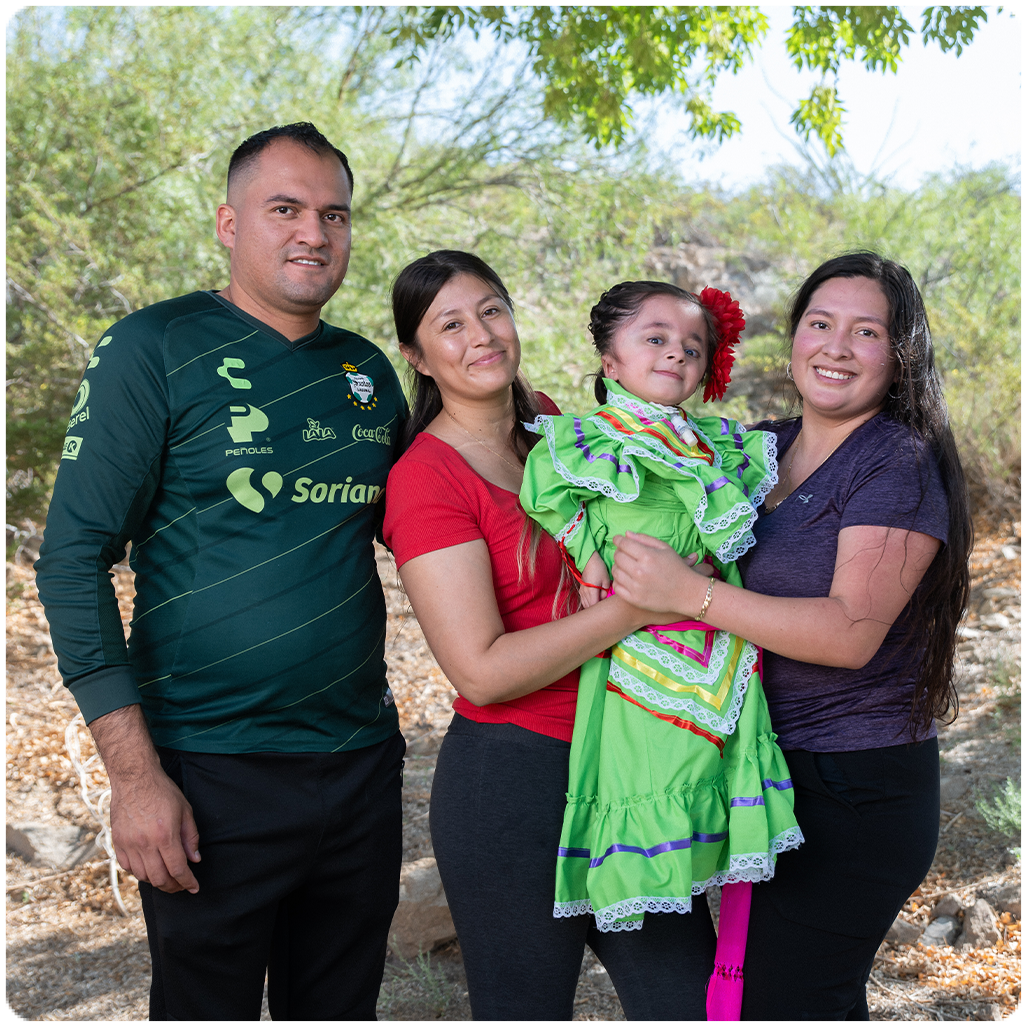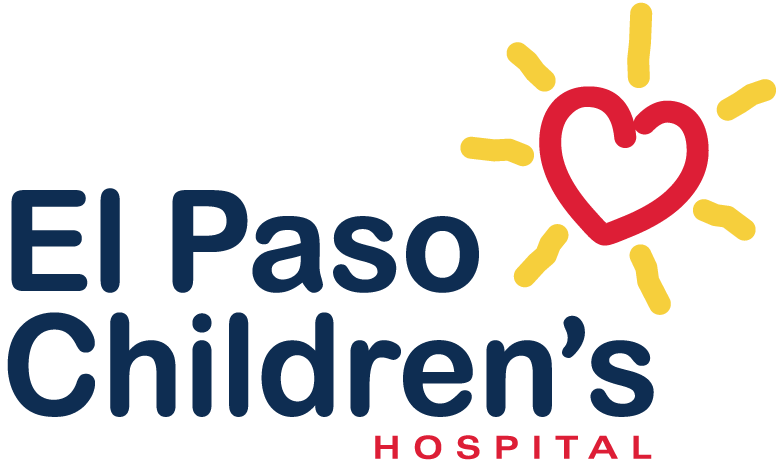Anely Olacio Munoz – Orthopedics Testimonial

Anely Olacio Munoz
“I knew something was not normal with my baby 12 weeks into my pregnancy,” said Anely’s mother, Wendy.
Wendy didn’t know exactly what was wrong with her baby until she was 7 months pregnant. She was told her daughter has Osteogenesis imperfecta (OI)—also known as brittle bone disease. OI is a connective tissue disease that causes the body to create less collagen, and makes bones fragile and more easily broken.
Because there are four different types of OI, Anely’s family believed she may outgrow the disease. However, when Anely was born, her skull was not fully formed and she had countless fractures all over her body. Wendy had friends and family recommend she seek care for her daughter at El Paso Children’s Hospital (EPCH).
“People told us El Paso Children’s Hospital had the best pediatric doctors in El Paso,” said Wendy. “We immediately found an orthopedic surgeon and a few other specialists at El Paso Children’s Hospital. All the doctors were focused on improving Anely’s quality of life.”
As Anely started to grow, so did the bone on her head. She spent the first few years in and out of the hospital—spending days at a time receiving infusions to help her regain strength. Still, doctors were uncertain if Anely would ever walk.
When Anely was two years old, doctors diagnosed her with hydrocephalus. Hydrocephalus is an abnormal buildup of cerebrospinal fluid (CSF) deep within the brain, causing the brain’s ventricles to widen and putting pressure on the brain.
“With the fluid on her brain, she needed another surgery,” said Wendy. “This disease meant she needed to be on a ventilator all the time. Wherever Anely goes, the whole ventilator goes.”
Anely now has three specialists who coordinate her care and health; she and her family spend a lot of time at appointments with her doctors. When she was first diagnosed with hydrocephalus, Anely spent one week at EPCH almost every month.
“All of Anely’s doctors are very attentive,” says Wendy. “The doctors, nurses, therapists, respiratory, and everyone we see is very attentive and provide for her very well. I have trust in the Hospital and all the workers.”
Today, Wendy says her daughter is very happy and enjoys a good quality of life. While Anely doesn’t typically spend her days in the Hospital anymore, she still undergoes treatment every six months. And, to her doctor’s awe, Anely can now walk with assistance from a walker.

